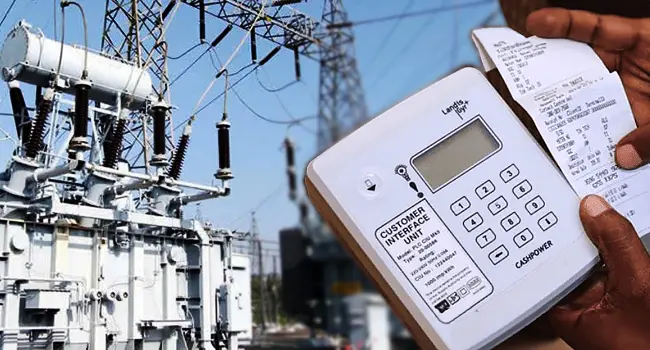
Universities across the country are grappling with the burden of high electricity tariffs imposed by distribution companies (DISCOs). This financial strain is expected to result in the ten universities with the highest budgets spending over N75 billion on electricity this year alone. Collectively, these universities have a combined budget of N247.6 billion for 2024.
According to a Vanguard investigation, many universities are now rationing power or facing disconnections from the national grid due to unpaid bills. The ten public universities with the highest budgets for 2024 include the University of Nigeria, Nsukka (N36.6bn), the University of Calabar (N29.5bn), Ahmadu Bello University (N29.2bn), Nnamdi Azikiwe University, Awka (N26.3bn), and the University of Benin (N24.2bn). Others are the University of Ibadan (N23.4bn), the University of Maiduguri (N22.3bn), University of Port Harcourt (N19.6bn), University of Lagos (N19.4bn), and Obafemi Awolowo University (N17.1bn).
The recent reclassification of these universities into the “Band A” category without a corresponding increase in electricity provision has exacerbated their financial challenges. For instance, the monthly electricity bill for UNILAG soared from N180 million to N300 million, while ABU faces a similar N300 million monthly bill. At the Federal University of Technology, Akure (FUTA), the Benin Electricity Distribution Company (BEDC) raised the monthly bill from N20 million to N60 million, despite the university receiving less than eight hours of power daily instead of the promised 20 hours.
UNIBEN, which recently experienced student unrest due to poor power and water supply, saw its monthly tariff increase from N80 million to N250 million. This situation is mirrored across other universities in the country.
Prior to the student protests that led to the university’s shutdown, the lack of electricity severely impacted both students and staff. They resorted to using solar-powered facilities and generators. At the Ugbowo Campus health center, staff are left without power from 10 pm after the generator is turned off, forcing night shift workers to use flashlights. Key offices, including the Academic Staff Union of Universities (ASUU) secretariat, rely on generators, and there is no active Students Union Government (SUG) since the union was disbanded following an incident involving its officials.
The implications are dire: staff cannot work efficiently, as only the administrative block is powered by the generator during working hours, and students lack a conducive learning environment.
Mrs. Evelyn Gbiwen, Head of Branding and Corporate Communications at BEDC, attributed the tariff increase to directives from the National Electricity Regulation Commission (NERC). “The new tariff system determines what ‘Band A’ customers would pay. There is nothing deliberate against any customer. It is a general policy that non-paying customers will be disconnected until they settle their bills,” she explained.
Mrs. Beneditta Ehanire, the Public Relations Officer of UNIBEN, stated: “Management is really bending backwards but will continue to ask for patience because everyone is tense. A tanker has been engaged to supply water to a hostel with water issues. Despite the challenges, the university ensures that students do not suffer unduly by providing generator-powered electricity to all hostels from 6 am to 7 am and 7 pm to 10 pm daily.”







